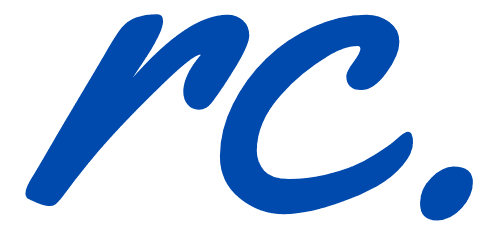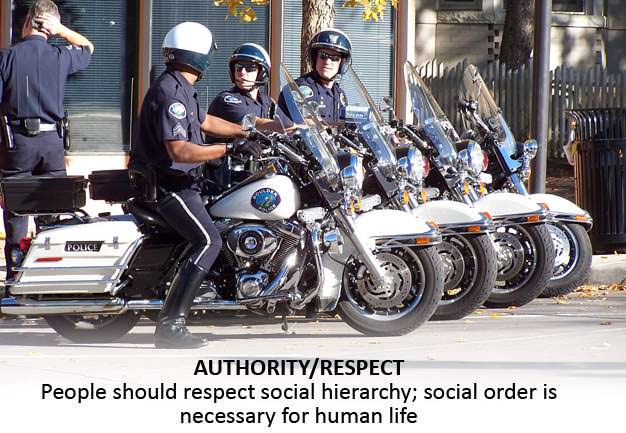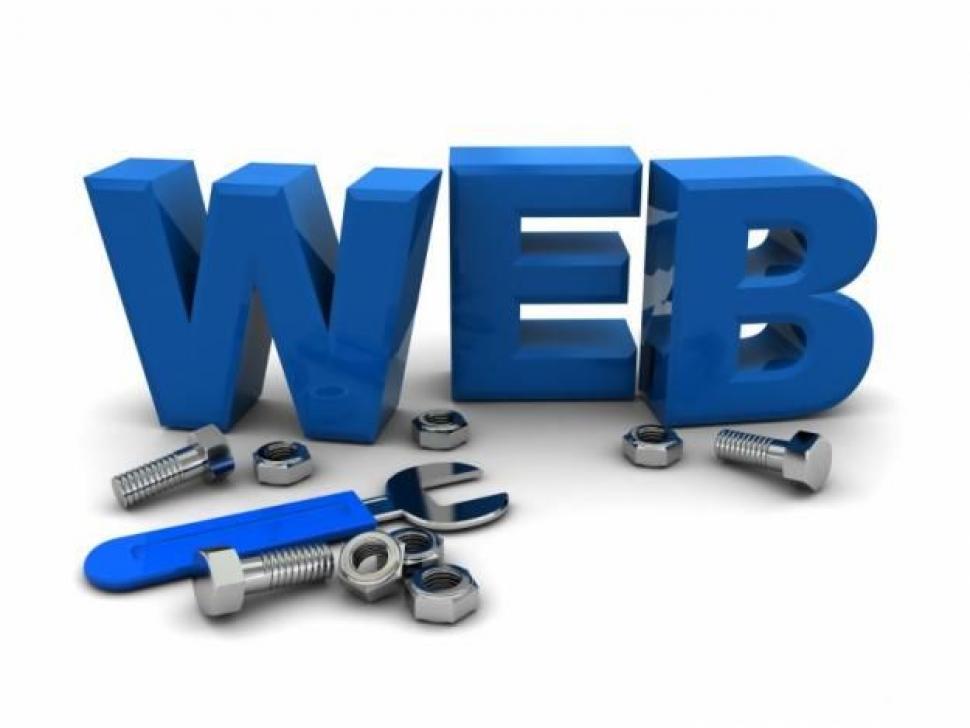
Starting a website – Everything you should know about!
So you decided to start a website and you want to start it right now. But something is holding you back … you are fearful about the uncertainty in the whole website creation thingy and you have no idea where to start.
NO WORRIES! I am here to help … or at least, let me share some info with you!
Important disclaimer: This article contains more than 3,000 words and 28 tips about starting a website. I know it is extremely long to read this and thus, feel free to bookmark this page and come back for more.
Starting a website may sound easy but why do we often hear many bloggers complain that they are not doing well in blogging?
In this article, we (yes … you and me) are going to discuss on the ultimate do’s and don’ts in blogging. And of course, important facts about which will affect your website building process.
1. Why do you start a website?
You want to start a website … I got it! But have you ever wonder why you want to start one? You see, if you want to start a website, you got to know why you want to start it.
Let’s assume that you have a plan. Sounds good right? Carry on asking yourself what’s the next step, say in the next 3 months or so. Can you answer that?
If you want to be successful, you got to plan. Yes, you read and hear other blogger talk about planning but how many of them actually practise that? Personally, I am facing the same difficulties to get along with my blogging schedule as well!
2. I blog for money. So now what?

This term is extremely common among bloggers; make money blogging. You probably heard about others bloggers like Reginald Chan making tons of money from blogging. And … you are tempted like a hungry lion.
Wait … hold on a second.
I am Reginald Chan and I am not making tons of money from blogging. Does this mean that you can’t make money through blogging?
Well, I do make some money from my blog but not that much. You can make money through blogging and that is possible. Now, how much you can earn is another thing. Most bloggers earn few cents a day through Google Adsense and that doesn’t really make the cut isn’t it?
Fact: You can make money through website but don’t expect a windfall in just a short period of time.
You can start making money from your website but it would take time to grow. And of course, there are much more things to do then just “how to make money blogging”.
And if you think that you want to start a website to make money (solely), you are definitely on the wrong track!
3. The relationship between topic, keyword and niche in website creation
Now let’s assume you had done your work with #2 and #3. The next step is the most crucial part when it comes to starting a website.
You need to know what you are going to write. Yes! Now is the time to figure out what genre you are going to write, the keywords and niche for your lovely website.
The trick here is very easy. Let’s say you are starting a website on blogging tips. Here’s a little draft I did as an example:
Main topic – Blogging
Keywords – Choose 10 different keywords (maximum) <– Each keyword contain just one word
Specific keyword – For each keyword, choose 5 different variance of words (example, the word blogging could have specific keywords like make money blogging, blogging tips, creating a blog, blogger and starting a blog.
Once you have the above info, starting a website should be a brief! Yes, now you know how and what to write. Whenever you write, keep in mind these keywords and use them on your blog post. Just make sure you don’t over stuff them up!
This step helps you to figure out what niche and probably the name of your domain name associated to the keyword. Does this ring any bells?
4. Finding the right domain name for your website
Domain name is your website brand and you need to have more than just a good name. Could this be the reason why so many bloggers are puzzled about their domain names when it comes to starting a website?
It is best to choose a domain name which is closely related to your writing topic as it will offer a better chance to rank better on search engines. That’s why #3 (above) is important!
So, how about sites which are self-named like this one? In short term basis, domains with keywords would get ranked faster and better but when it comes to long term, it doesn’t make a different due to SEO and other optimization factors.
Therefore, choose one and stick to it!
For those wondering if you should get a .com or a .net, there’s no difference in it. Google still index them like normal. However, when it comes to human behavior, we are so used to key in .com instead of .net.
You can check the availability of a domain name and even purchase it using NameCheap.
5. Choose the right hosting provider
For me, a hosting provider is more than just a client – customer thing. It is my partner in crime for Christ’s sake! Hosting providers are the only one who is going to determine the speed of your website and as well as the uptime.
Avoid cheap hosting provider as they are dangerous (in terms of website security) and also reliability. I know many cheap hosting providers who claim to have a good uptime but in fact, your site will go down at least once a day!
This is why I only recommend BlueHost or HostGator for shared hosting. If you are looking for a secure and premium WordPress hosting, you must definitely give WP Engine a try.
There is pointless to have a website which is always down and not accessible right?
6. Choosing the right WordPress theme
Rule number 1: Don’t use free WordPress themes
Rule number 2: Don’t forget rule #1
Website theme is the heart and soul of a website. It portraits to your readers what your website is all about and there’s no other reason why you shouldn’t be worried about it.
A good WordPress theme offers complete customization, no hidden backlink or malicious codes and most importantly, website security. These are why you need to consider using the right theme even before starting a website!
There are many premium themes you can choose from such as Elegant Themes and My Theme Shop. If you are looking for a more customizable WordPress theme (plus easy to use), you can also try StudioPress (Genesis framework and child themes) and Thesis Theme as well. You won’t go wrong with any of these.
7. Planning the website layout properly
This part is extremely crucial. You must make sure your readers are not ‘lost in the Amazon’. Placing the right information on the sidebar will help reduce bounce rate and don’t forget that Google crawl sidebars as well.
Footer area is also a great place to add in more information such as contact details and latest blog posts. Bloggers such as Jane from ProBlogging Success said that her sign up rate increases when she place an opt-in form at the footer area.
8. The importance of permalink structure
Search engines such as Google and Bing love to index websites with clean URL structure. Being said that, it is always best to use /%postname%/.
One of the SEO best practices is when you use www[dot]yourdomain[dot]com/%postname%
The logic behind this is easy. Let’s take the image below for example:

Now see the above. For instance, if I am searching for scribe content, a clean permalink structure will provide confidence level to the readers to click it.
Also, a good permalink structure is usually short and a clear example is as above. You can basically see everything in one line. This is excellent for search engine to index your site and a possibility of higher website ranking.
It is very important to start this in the early stages of starting a website as changing of permalink at a later time would means a complete ‘overhaul’ of all the site links. This will also affect all the link building you have made in the past!
9. Choosing the right plugin for your website
Plugins are essential when you are starting a website. WordPress is filled with tons of useful plugins. You got to choose and decide which are the plugins that you will install and use. Avoid keeping unwanted plugins in your database as they might pose security threats to your website.
Plugins will affect the site one way or another especially when it comes to website load time. It is always advisable practise minimizing the number of plugins used. There are many free website plugins are coded badly and therefore, always remember that keeping the number of plugins installed to the lowest number is the best practice when it comes to maintaining a website.
Also, uninstalling unused plugin can easily improve website security and at the same time, improve the site speed.
10. Categories make navigation easier

If you want to reduce the bounce rate or even increase the time a reader is on your website, you need to focus on creating categories. Imagine you have 100 posts of different topics and you definitely do not want to cluster everything into one.
Separate them into several topics with specific names. This makes finding an article or post much easier. Don’t forget that many people doesn’t use the search bar even though it is extremely visible!
11. The ‘about me’ and ‘contact me’ pages
These are two of the most vital things on Earth when it comes to starting a website. You want to make sure your readers are able to contact you if they need to or maybe, read more about you. You need to make it plain simple for this.
Place these links on the top bar or side bar. Make sure it is visible at all time and this is definitely a plus one for reader’s engagement.
12. Determine the writing styles when you are starting a website
When you blog, it is always a good practice to keep thing simple. The tone of your writing should be either coaching or guiding a friend instead of military style.
C’mon mate! How sure are you that your method will definitely work for them?
Portray yourself as a mentor or tutor and you here are here to help. When you write as a low profile blogger, you sounds ‘nicer’ and this increases the possibility of the readers come back for more.
Readers love to visit websites which are able to solve their problems, not about the author to talks great about himself.
Related article: How do you build a WordPress website like a professional?
13. Spelling and grammatical error
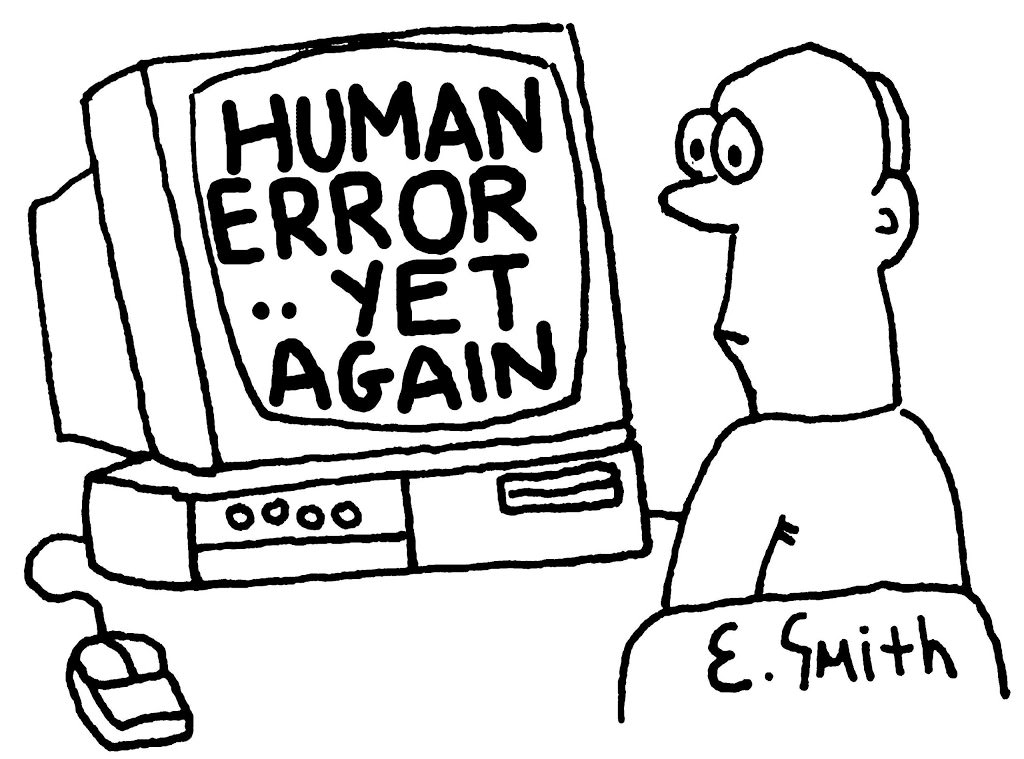
I totally understand this. How many of us can write really good English? My country has three main languages and even though I studied in an English school, my English isn’t be perfect either.
The point?
Regardless of the reasons, you must always avoid making any errors especially with language. Keep in mind that anyone can visit your website regardless of location and therefore, proper English is vital.
A great blogging tip is to always check your blog post for any spelling errors. We are all humans and at times, we could easily overlook on such ‘innocent’ mistake. A simple spell check can help you in a long, long way.
14. Blogging is nothing when there’s no fun involved
Blogging … most of the time, consists of a wall of text. Yup that’s reality and this is where you need to make your reader’s entertained.
Remember that when a person reads, it is not the same with television where there are advertisement breaks etc. Blogging is probably blasting out 1,000 words with the hope that 20% of your readers will read until the end.
Therefore, bring the fun in now and you will grow your website audience.
15. It pays to be honest
If you want to be popular, stop lying right now. You need to tell your readers that they are reading the truth and nothing but the whole truth.
For example, if you don’t have 10,000 readers, why say so? Lying won’t make you famous but telling the truth will.
Don’t be afraid to tell the truth even if that is going to spark a controversial. Well, I am not saying it is right to do so but it is not wrong either.
If you dare to say that, then prove it with facts. Anyone of us can deny anything we want but when there’s fact, we won’t drift that far away … if you get what I mean.
16. How long should a blog post be?
Forget about the myth. What do you think of this?
You have seen successful bloggers who published many long posts (more than 1,500 words) and some who post less than 800 words. Which will you follow … or should I rephrase … which will be the best way to build a successful website?
Forget about what people say but this is the fact. The length of your blog post is nothing if you have no content. Write a long post if you have enough content to fit in. If not, anything above 500 would be enough.
Guys, there’s no recipe for this and therefore, stop finding for one!
17. Titles and subtitles mean everything for website visitors
If I would give it a guess, I would say 85% of the readers in the world are just skimmers.
Skimmers are people who actually browse through the site looking for keywords that might interest them. And they do not read the whole article if there is nothing attractive. So to say!
Opps, the secret is out. So, what you can do about it?
Headlines are important. You can easily play with H2 to H4 (heading sizes) to attract attention. Here’s some tricks you can start with:
H2 – Main title
H3 – Sub titles
Bold / Italic / Underline – Stressing a fact or keyword
The goal here is to ensure that skimmers stay as long as possible on a page. This is to ensure that the readers are occupied as long as possible at your site.
18. Build an email list the same time you start a website
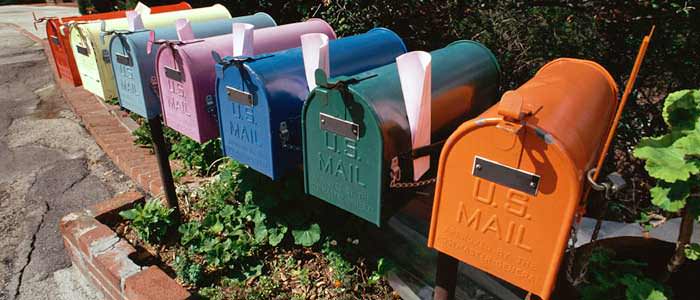
Some call this too early but look around. You need a mailing list and you need one right now. Building a mailing list is an important step for when it comes to website marketing. It doesn’t matter if you start with MailChimp or AWeber. You just got to do it right now!
A mailing list is vital especially when you want to promote a new post, product or even getting your readers back! Remember that with a good mailing list, you can connect with your readers and get to know them better.
Hint: Reader’s engagement!
If you have yet to start one or facing some problem building an email list, have a read on this; How I build my email list from scratch?
19. Recipe to make readers sign up for your website newsletters
So, you decided with build a mailing list. Good for you mate!
But what’s next?
If you think setting up a mailing list is hard, getting readers to subscribe is even harder! Here’s a few tips you can start with:
- Clear reasons why they should sign up for your mailing list
- What you are offering to them
- What the readers will get in return
- Place not one but a few sign up forms on the website with a few Call-To-Actions
Make it as clear as possible (on the advantages of your newsletter) and you will hit the jackpot (literally). Need an example?
[hcshort id=”7″]
20. Involving in the world of search engine optimization (SEO)
Search engine optimization is techniques or best practices which will affect the website ranking. If you want to be on page 1 on Google, you got to know SEO.
Good SEO techniques are not mainly techniques! Instead, they are focused to understanding and SEO practices which makes websites and articles rank better on search engine result pages (SERPs). The more you understand about SEO, the better you will perform.
You can start reading about SEO with this guide here; The Complete Search Engine Optimization (SEO) Guide for Dummies.
Curious to know about your website’s SEO status? Get yourself a free SEO report here! <– Yes free and no fluff!
21. Start creating link building
Link building is one of the techniques for optimization. You need to start building links (some call it backlinks) immediately after starting a website. A good quality backlink is worth more than 100 bad quality backlinks.
Not sure how to create backlink? I am sure this article will help you get started immediately; The Ultimate Beginner’s Guide In Building Quality Backlinks.
22. Building your authority
Authority is important in the blogging industry and when you are starting a website, you need to think about it. So, the secret to grow your authority? Write good great content.
Readers like you and me love to read articles which are jam packed with facts. So, start building authority with the right content and on top of everything, focus on your quality. You need to be known for sharing quality content and not just sub-pars one.
Wondering why you need to have authority? With authority, people are going to trust you and yes, trust your every word. You may say, talk or blog nonsense but if you have authority, your readers are going to trust you with that. Seriously!
23. Reader’s engagement is extremely important
Readers will come back if they are appreciated. You got to make sure that replying to every comment you received. This is one of the important steps when it comes to starting a website. Sometimes, a simple “thank you for your comment” can go a long way for readers.
I am using CommentLuv plugin which allows me to send automatic emails to readers who leave their comments here. In the short email, I will thank them for their time and offer to connect to them on social media.
For me, I would be very delighted when the admin of the site drop me an email (automatic is fine) to thank me for dropping a reply. How about you?
24. The holy grail of DoFollow and NoFollow
When you are starting a website, you want to make sure that Google and other search engines are not labeling the site as a link juice … you know, a site which link out too much.
This is where the DoFollow and NoFollow comes into play. You can get this done easily by adding rel=”nofollow” to the URL code and crawlers will not link that site.
NoFollow is great when you want to avoid abusers trying to get the best out of your website in terms of backlink.
On the other hand, DoFollow is an excellent ‘tool’ when you are thinking of building links between articles or other sites.
25. Submitting sitemap to Google and Bing
One of the key virtue of starting a website is getting the website indexed. In order to do so, you need to ‘tell’ Google and Bing that the website is ready. You can do so by submitting a sitemap of the website to these webmasters.
Indexing is a process where indexed posts will start showing up on SERP’s. This is where people start clicking and visiting your site.
Just signup for both of them is fairly easy and you just need to submit your sitemap. A sitemap is a directory where it tells crawlers what the website has and it’s breakdown.
Two tools to help you build sitemap are Yoast SEO or Google Sitemap Generator. Once the sitemap is created, submit the URL to Google Webmaster Tool and Bing Webmaster Tool.
*Note: Yoast SEO is a WordPress SEO plugin that have the option for automatic sitemap creation. It is extremely useful as it will auto generate sitemap every time you publish a new article.
26. Enabling Google authorship
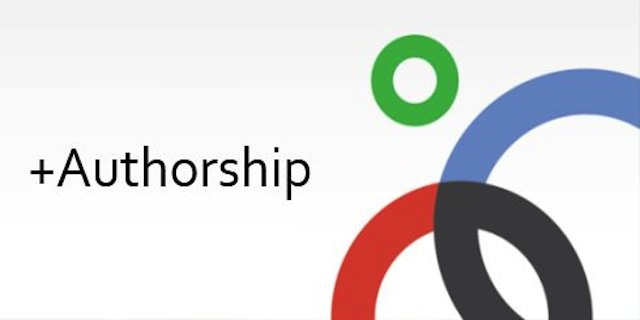
Google authorship is more than just a pretty face beside the website link. It shows authority and on top of that, it provides a great deal of trust as well.
In order to get Google authorship, you need to:
- Have a Google account
- Link Google account with the website
Linking Google account to the website is easy and here are a few steps:
- Verify your email on Google+
- Link Google+ profile to your website or content
- Link your content to the Google+ account
Once these are done, it would take a few days for Google to start indexing it. After that, you will get this:

Do you see the image beside the post? That’s Google Authorship. You should start linking Google authorship immediately after you start your website.
27. Starting a website and monetizing it?
Starting a website is easy but monetizing it is hard. This is why you need to make sure that you monetize the website the right way. For starters, you should start by doing the ‘slow-mo’ strategy.
This means that in order to monetize the website, you need to do it slowly and with the right method. For starters, you can start by doing small advertising with Google Adsense.
When traffic picks up, you should (or consider) shifting some of your website monetization to affiliate programs. Selling an affiliate product can earn you more than $20 and at times, more than $100.
If you are looking for a good affiliate program, you can sign up for this program which has a very good track record.
28. Maintaining the website after starting it
Starting a website? Anyone can do that! Ask yourself this; How many of you actually maintain their websites?
Maintaining a website is a must if you are planning to start one. Website maintenance varies from:
- Updating website core features and plugins
- Checking, amending and updating the information on old posts to ensure the information stated are up to date
- Removing broken links (and bad ones too)
- Ensuring good load time and speed of website
With the proper maintenance, I’m sure the website will remain its value and at the same time, making sure all your blog posts are in an ‘ever green’ state.
Does the above 28 tips help you in starting a website?
Phew!
I know the article could probably be the longest post in my website but I hope you learn much from it. After reading, do you think that starting a website is more than just ‘that’?
Tell me what you think using the comment form below and if you like it, I would be grateful if you could share it by clicking on the red button.
